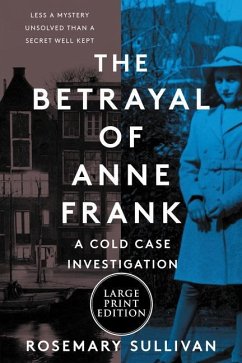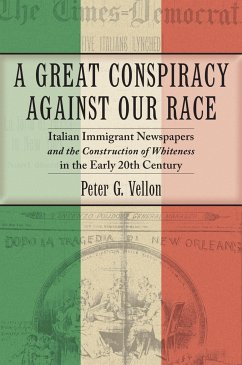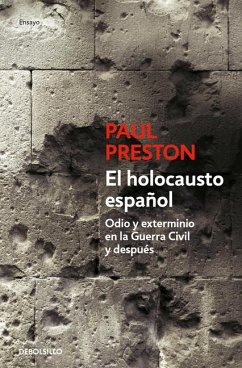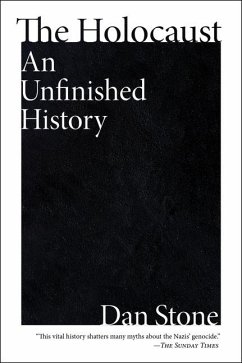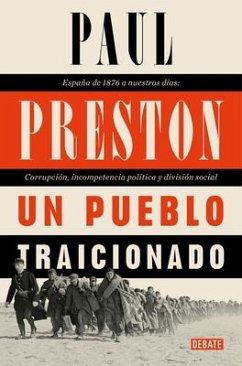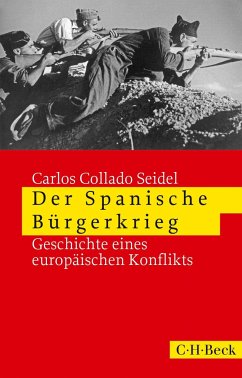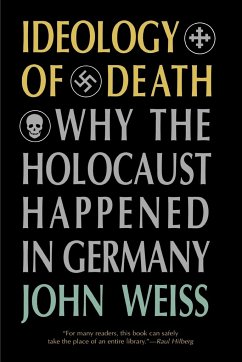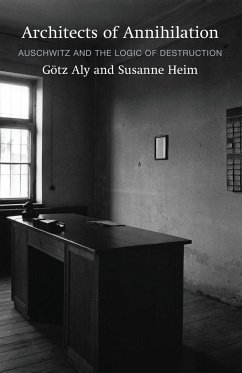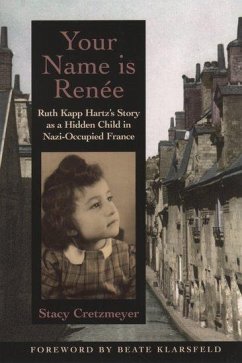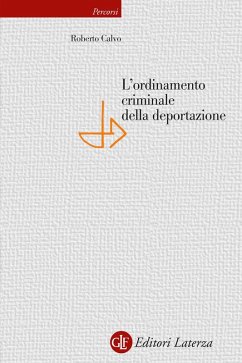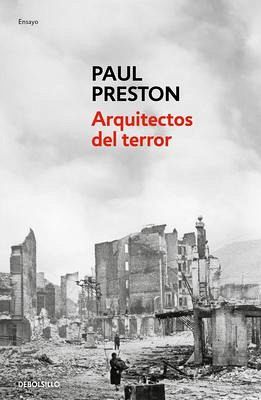
Arquitectos del Terror: Franco Y Los Artífices del Odio / Architects of Terror: Paranoia, Conspiracy and Anti-Semitism in Francos Spain
Versandkostenfrei!
Versandfertig in über 4 Wochen
14,99 €
inkl. MwSt.

PAYBACK Punkte
7 °P sammeln!
Nueva edición de este libro imprescindible para entender nuestra historia reciente. La Guerra Civil se libró para anular las reformas educativas y sociales de la Segunda República y para combatir su cuestionamiento del orden establecido. Los rebeldes lucharon a favor de los terratenientes, industriales, banqueros, clérigos y oficiales del Ejército, cuyos intereses se habían visto amenazados, y en contra de los liberales e izquierdistas que impulsaban las reformas. Sin embargo, en los años de república, de 1931 a 1936, a lo largo de la guerra y durante muchas décadas después, se sigui...
Nueva edición de este libro imprescindible para entender nuestra historia reciente. La Guerra Civil se libró para anular las reformas educativas y sociales de la Segunda República y para combatir su cuestionamiento del orden establecido. Los rebeldes lucharon a favor de los terratenientes, industriales, banqueros, clérigos y oficiales del Ejército, cuyos intereses se habían visto amenazados, y en contra de los liberales e izquierdistas que impulsaban las reformas. Sin embargo, en los años de república, de 1931 a 1936, a lo largo de la guerra y durante muchas décadas después, se siguió fomentando en España el mito de que el enemigo derrotado en la contienda era el contubernio judeomasónico y bolchevique. El presente libro no es una historia del contubernio, del antisemitismo ni de la antimasonería en España, sino que adopta la forma de pequeñas biografías de las principales figuras antisemitas y antimasónicas que propagaron ese mito, y de los personajes centrales que pusieron en práctica los horrores que este justificaba. Desmontar sus falsedades es uno de los objetivos fundamentales de esta obra. DeArquitectos del terror se ha dicho: 'Imprescindible para el conocimiento objetivo de la reciente historia de España con la desmitificación de la conspiración judeomasónica con la que Franco nos agobió durante largos años'. Luis María Anson, El Cultural De El holocausto español se ha dicho: 'Debiera ser de lectura obligada no solo para los interesados por nuestro pasado sino, y sobre todo, para los educadores de las generaciones futuras'. Ángel Viñas,Babelia, El País DeLa guerra civil españolase ha dicho: 'La mirada lúcida y certera de un maestro de historiadores sobre la mayor tragedia española del siglo XX'. Enrique Moradiellos



